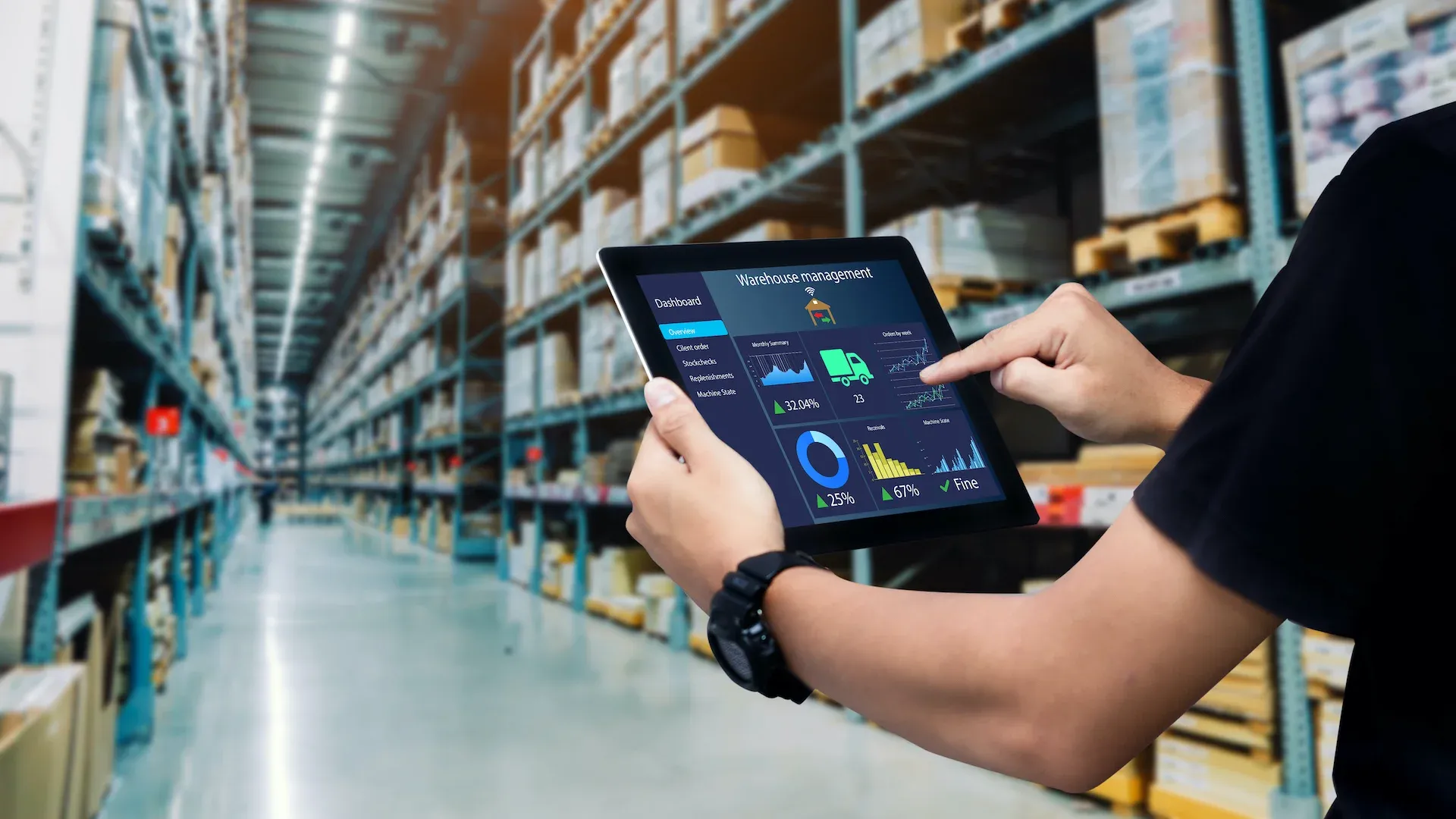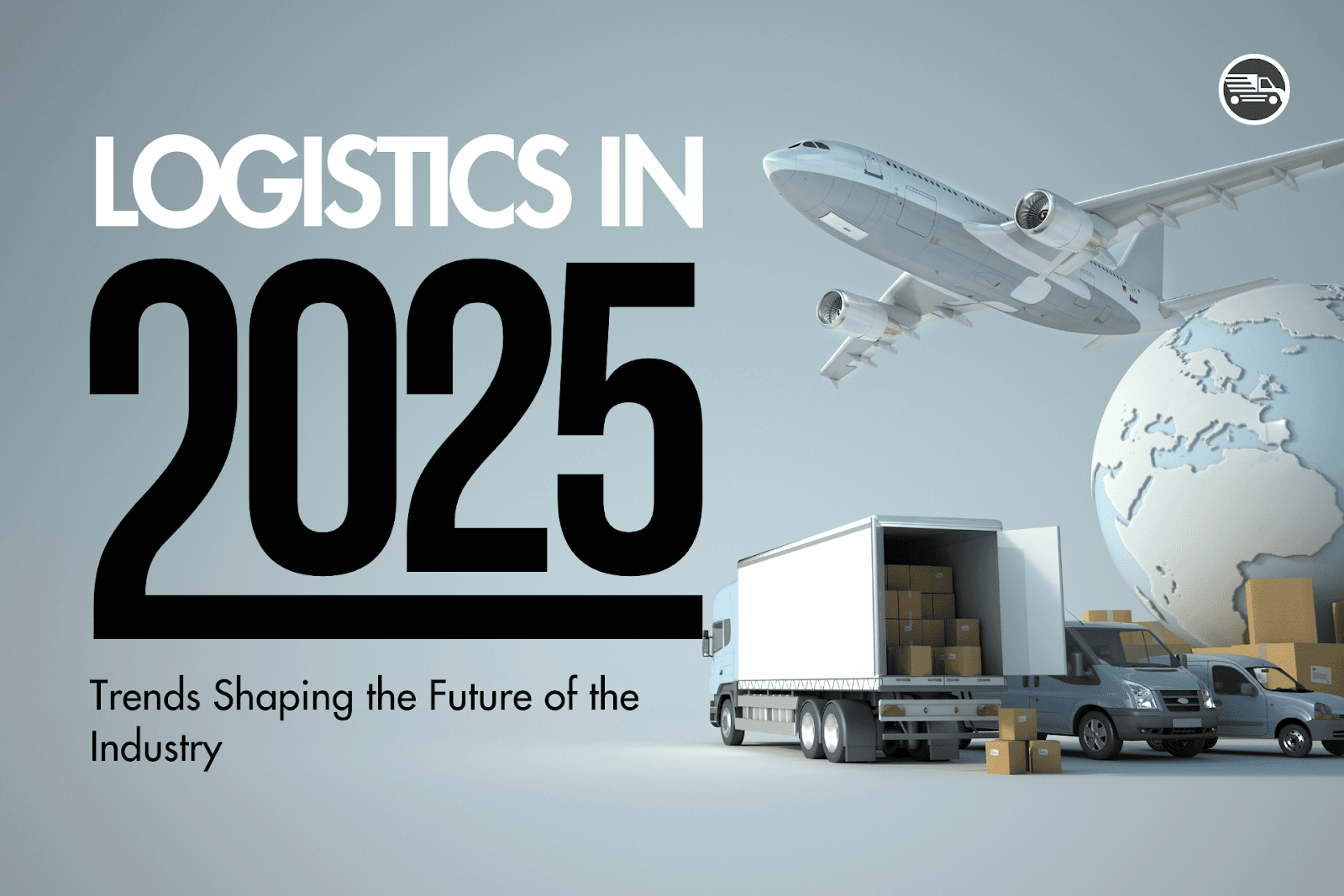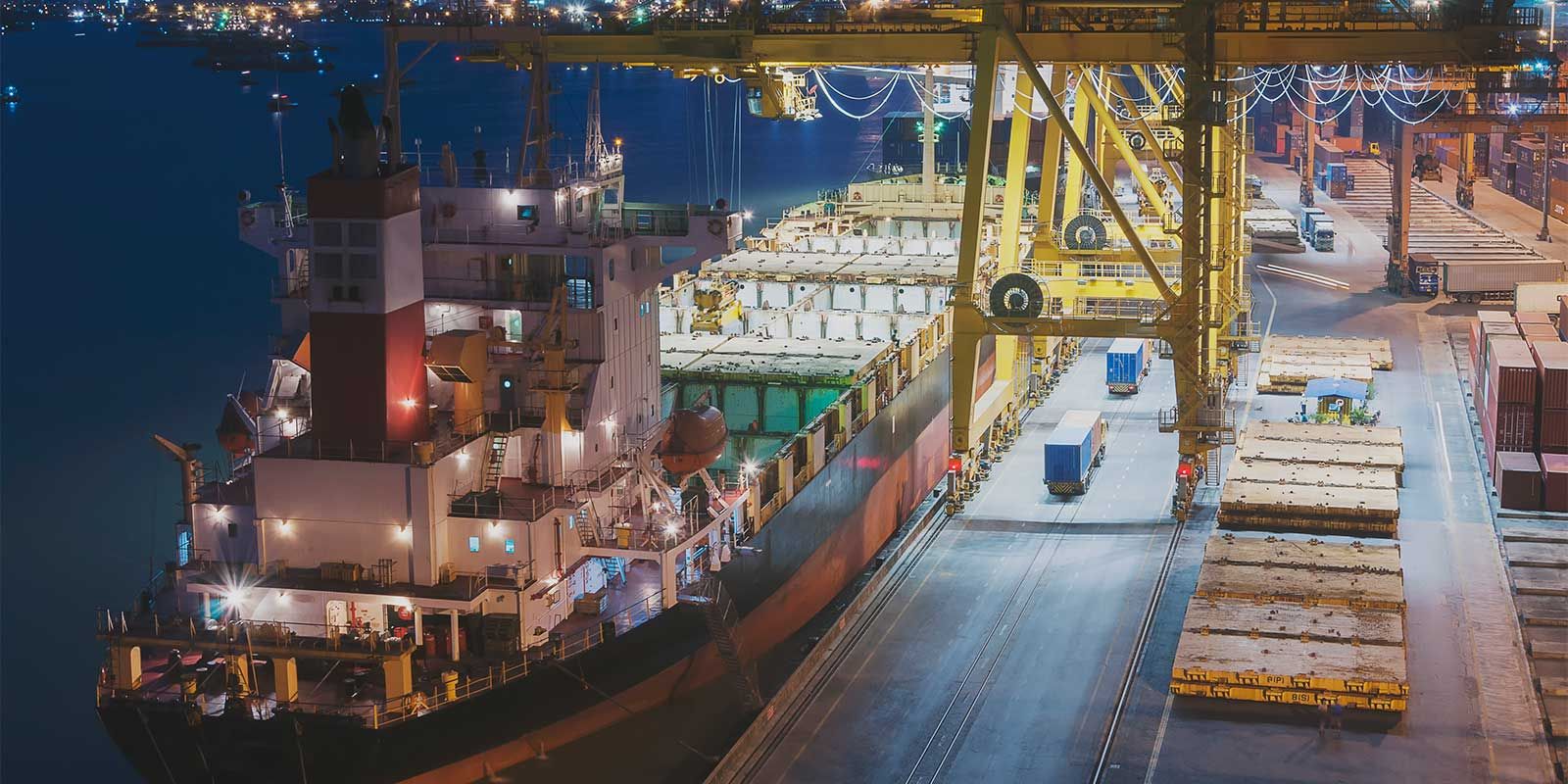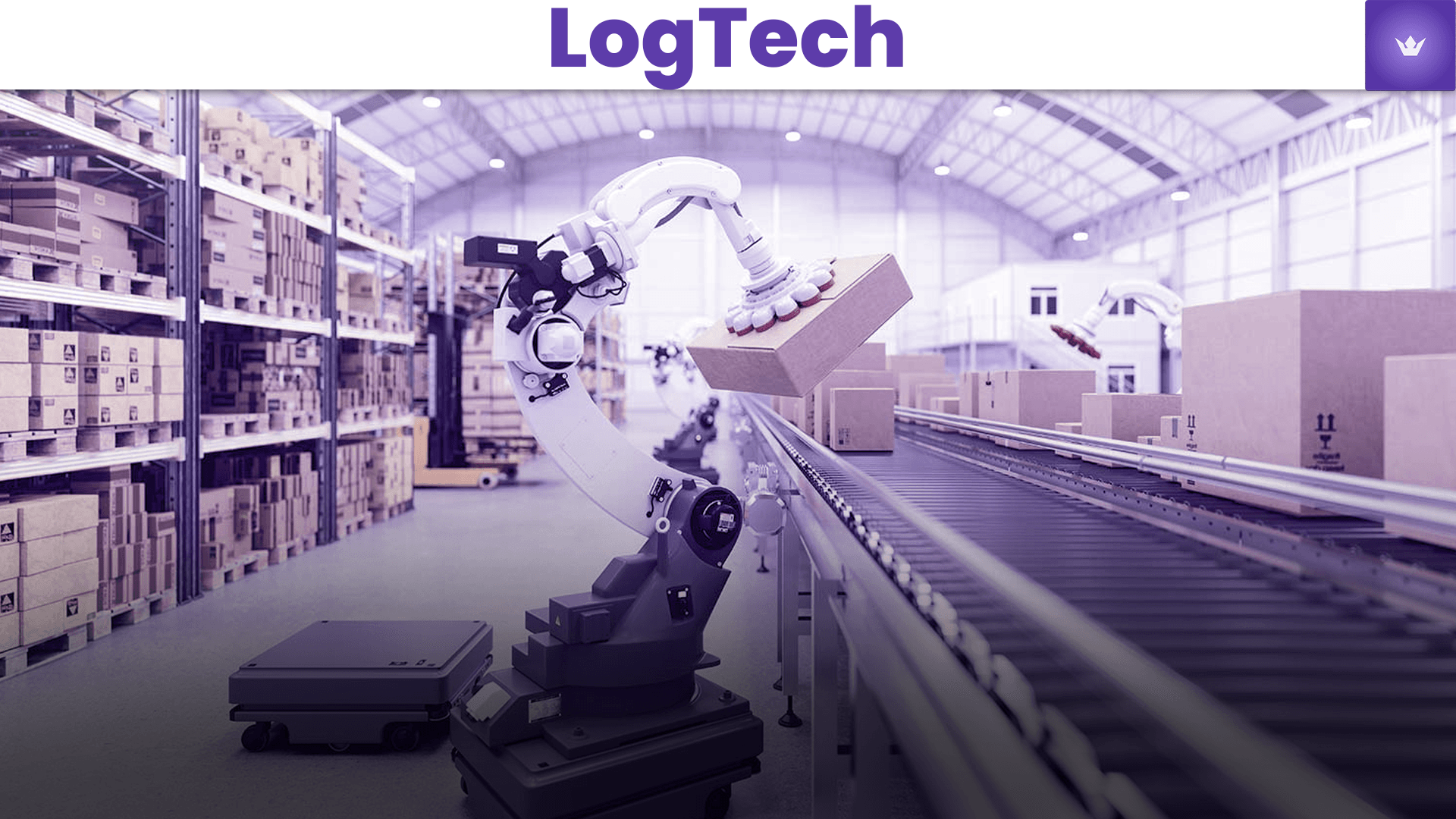Today's logistics industry is rapidly evolving, driven largely by the explosion of innovative technologies categorized as logtech. In 2025, logtech is more relevant than ever, significantly enhancing operations, ensuring precise tracking, and facilitating seamless supply chain management. But what exactly constitutes logtech, and how is it reshaping logistics today? In this comprehensive guide, we'll delve deep into the world of logtech, exploring its advantages, notable examples, trends, and practical recommendations for businesses aiming to enhance their logistics operations through groundbreaking technology.
Table of Contents
- What is logtech? Understanding the Basics and Importance
- Main Benefits of Implementing Logtech Solutions
- Current Key Trends in Logtech for 2025
- Practical Steps to Successfully Adopting Logtech
- Challenges Companies Often Face with Logtech Integration
- Future Outlook: How Logtech will Transform Logistics Beyond 2025

What is Logtech? Understanding the Basics and Importance
Logtech Definition and Core Concepts
Logtech, a combination of Logistics and Technology, is essentially the application of innovative technological solutions designed to streamline, optimize, and enhance logistics processes. While traditional logistics often faced efficiency bottlenecks or operational limitations, logtech introduces advanced tools to meet today's demanding supply chains.
Why Logtech Matters Now More than Ever in 2025
Historically, logistics projects were heavily reliant on manual work, paperwork, and outdated communication methods. But, in 2025, the logistics sector is rapidly digitizing, making technology an essential requirement, rather than a competitive edge. Consumer expectations for faster, accurate, sustainable, and cost-effective deliveries have set high standards that only advanced technologies can meet.
Logtech matters dramatically today because it directly influences:
- Visibility and real-time tracking
- Cost reduction and operational profitability
- Enhanced customer trust and satisfaction
- Sustainability and reduced environmental impact
Recently, videos such as Future of Logistics Technology TEDx Talk outline well how urgent this shift towards digital logistics solutions has become.
Main Benefits of Implementing Logtech Solutions
Enhanced Efficiency and Reduced Operational Costs
One of the most compelling aspects of logtech solutions is the significant reduction in operational inefficiencies and cost savings achieved through automation. In 2025, companies implementing AI-based predictive solutions reduce downtime, save fuel costs, and remove costly manual errors.
For example, advanced algorithms now accurately predict demand fluctuations, allowing warehouse optimization, fewer excess inventory issues, and improved turnover rates. Giants like Amazon, through their innovative use of predictive analytics in logistics, are great examples: Read more here.
Improved Transparency and Real-Time Tracking
The IoT revolution in logtech is breaking new ground, offering precise, real-time tracking of goods worldwide. Customers and supply chain stakeholders receive constant updates via accessible, transparent tracking systems. A great example of this is Maersk’s blockchain-driven TradeLens solution, streamlining container tracking and international trade documentation.
Sustainability and Environmental Responsibility
Today, customers pay close attention to sustainability. Tech-powered logistics help companies optimize routes, cut down emissions, and thus significantly lower carbon footprints. Platforms such as EcoTransIT illustrate precisely how using smarter technology reduces environmental impact—thus earning public trust.

Current Key Trends in Logtech for 2025
AI-Driven Predictive Analytics in Logtech
Artificial intelligence solutions form the backbone of predictive analytics in logistics today. AI-driven logtech tools allow companies to anticipate customer demand patterns, optimize delivery routes, and manage warehouse spaces more efficiently.
Logtech Blockchain Advancements
The adoption of blockchain technology is rising rapidly in logistics, particularly for tracking, verifying shipment authenticity, and enhancing transparency. Companies like IBM IBM Blockchain solutions consistently push forward innovations towards greater efficacy of blockchain-based logistics operations.
Autonomous Logistics Vehicles and Drones
In 2025, autonomous vehicle solutions and drone deliveries are scaling rapidly. Although regulations continue to evolve, companies like UPS and Wing are pioneering drone delivery services, making logistics quicker and more responsive in urban and rural environments alike.
IoT Integration into Everyday Logistics Processes
Smart IoT devices integrated into logistics equipment—vehicles, containers, and warehouses—help monitor real-time data, provide maintenance alerts, and improve personnel safety. Check out DHL’s IoT Logistics Report for deeper insights into these advancements.
Practical Steps to Successfully Adopting Logtech
Identify Clear Objectives for Your Logtech Implementation
Define your organization's unique challenges (inefficient warehouse, delayed deliveries, too many manual processes), and pick logtech solutions accordingly. Start with well-defined short-term goals and proceed gradually towards broader implementation.
Prioritize Training and Education for Staff
Investing in new technology requires training your employees. Conduct workshops, offer online webinars, and ensure staff are comfortable handling new logtech tools. Their adoption and familiarity can make or break your investment.
Be Open to External Partnerships
Sometimes, partnering with an established logtech provider—such as Shippeo or Project44—can expedite digital transformation. Access external expertise to ensure smooth integration and successful implementation.

Challenges Companies Often Face with Logtech Integration
Initial Setup Costs and Financial Investment
Small-to-medium companies often shy away from adopting revolutionary logtech solutions due to higher setup costs. While expenses at first might seem substantial, the ROI typically proves significant within a few years or even months.
Resistance to Change from Current Staff
Adapting to new technologies can initially cause confusion or resistance within your organization. Ensuring open communication, regular feedback collection, and providing clear benefits to staff can alleviate such concerns effectively.
Data Privacy and Cybersecurity Concerns
Integration of IoT and cloud-based logtech inevitably raises data safety worries. Prioritizing cybersecurity measures and using trustworthy vendors mitigates most risks effectively.
Future Outlook: How Logtech will Transform Logistics Beyond 2025
Logtech and Smart City Integration
Beyond 2025, logtech will integrate closely with urban projects. Smart city initiatives further improve logistics efficiency by automating city-wide freight and parcel distribution, thus significantly enhancing urban supply-chain sustainability.
Advanced AI and Machine Learning Adoption
Machine learning algorithms will become even more sophisticated, accurately predicting future scenarios in areas previously considered too unpredictable. Advanced analytics will become accessible not just to major corporations but also widely affordable and used by SMEs.
Expansion of Drone Networks and Autonomous Fleets
Logtech solutions like drones and autonomous vehicles will become commonplace, accepted widely by global consumers. Regulatory hurdles continually decrease as such technology becomes safer, smarter, and more reliable each year.
Conclusion: Embracing the Logtech Revolution Today
In 2025, logtech is no longer optional—it's essential. The significant benefits—operational efficiency, sustainability, transparency, and cost-effectiveness—make adopting these advanced logistic technologies a necessity. Businesses must consider now how to adapt to remain competitive and innovative.
With an understanding of current trends, benefits, and practical steps, adopting logtech becomes easier and more manageable for logistics operations of any size. Now is the perfect moment to join the logtech revolution and explore what these solutions can do for your business.
To explore more about how logtech innovations are changing the logistics industry today, you may additionally view insights from this comprehensive discussion: Logistics Innovation Trends 2025 Video.


